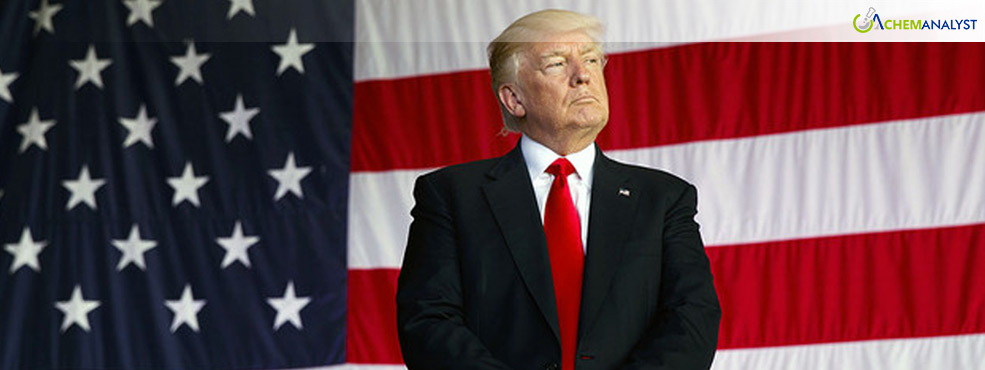Welcome To ChemAnalyst

U.S. President Donald Trump is facing mounting pressure from hospitals, generic drug manufacturers, and pharmaceutical lobby groups over his administration’s decision to impose new tariffs on Chinese imports. These stakeholders have expressed significant concerns that the 10% tariffs could disrupt the supply of critical medicines, increase drug prices, and exacerbate ongoing drug shortages in the United States.
On Tuesday February 4, President Trump implemented the new tariffs on all Chinese goods entering the U.S., prompting an immediate retaliatory response from China. While the president suspended an earlier threat of a 25% tariff on goods from Mexico and Canada, he has now set his sights on the European Union as the next target in his trade war. However, healthcare industry groups are now calling for tariff exemptions on medical goods, particularly medicines and pharmaceutical products, which have traditionally been excluded from such trade barriers.
In a letter to Trump, the American Hospital Association (AHA), which represents nearly 5,000 U.S. hospitals and healthcare systems, warned that the new tariffs would have severe consequences for patients. The AHA highlighted that the tariffs would impact the supply of essential cancer and heart medicines, as well as common antibiotics such as amoxicillin, much of which is sourced from China. Almost 30% of the raw ingredients used in critical medications come from China, underscoring the vital role the country plays in the U.S. healthcare system.
The AHA emphasized that, despite efforts to bolster domestic production, the U.S. healthcare system still relies heavily on international sources for medical supplies. "Imposing these tariffs will disrupt the supply chain and drive up healthcare costs at a time when the industry is already grappling with inflation and staffing shortages," the letter stated.
The concerns were echoed by the Association for Accessible Medicines (AAM), which represents U.S. generic drugmakers. The AAM warned that the tariffs would disproportionately affect makers of low-cost generic medicines, which already face tight profit margins. Craig Burton, senior vice president of policy at AAM, argued that “imposing tariffs on generics risks compounding the existing problems, as there is limited capacity for generics to absorb these additional costs.” Generic drugmakers have long struggled with price pressures, and the tariffs could lead to further price hikes and shortages, the group cautioned.
Pharmaceutical industry representatives have called for targeted exemptions or alternative measures to ensure that critical medicines and medical supplies remain unaffected by the tariffs. With the U.S. importing over $176 billion in pharmaceutical products in 2023, of which nearly $6 billion came from China, the issue is expected to remain a contentious point as the trade dispute continues.
In contrast to the concerns raised by hospitals and generics makers, executives at major branded pharmaceutical companies like Merck, Amgen, and Bristol-Myers Squibb have indicated that the impact of the 10% tariffs would be relatively minor for them. These companies source their active pharmaceutical ingredients (APIs) from a wider range of countries, including Ireland, Germany, and Switzerland.
We use cookies to deliver the best possible experience on our website. To learn more, visit our Privacy Policy. By continuing to use this site or by closing this box, you consent to our use of cookies. More info.
